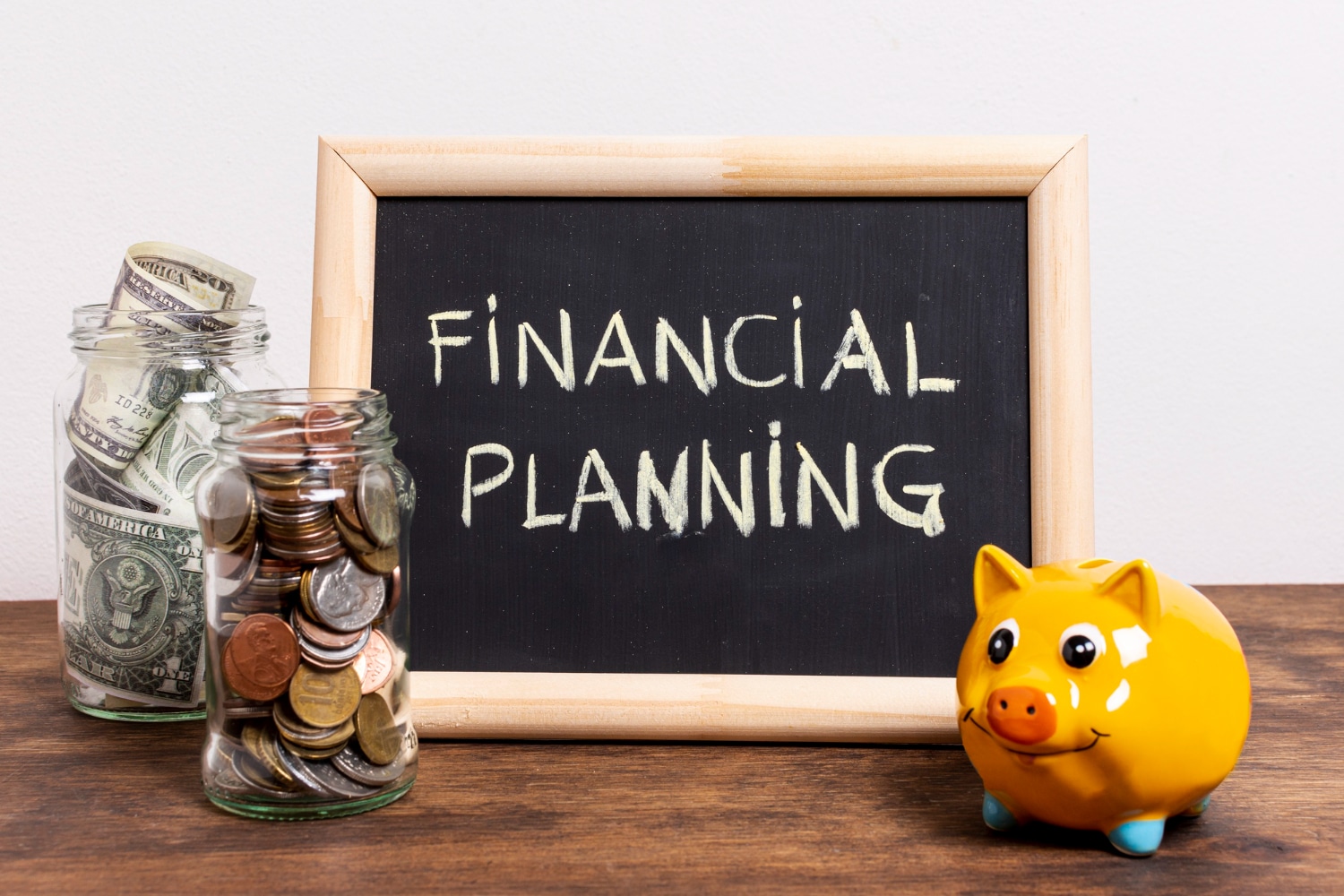
How to Build a Financial Plan That Supports Your Well-being
In today’s fast-paced world, financial wellness is more crucial than ever. With the rising cost of living and economic uncertainties, having a robust financial plan is not just a luxury but a necessity. However, financial planning is often misunderstood as a daunting task reserved for the wealthy or financially savvy. This misconception can lead to stress and anxiety about money management. The truth is that anyone can create a financial plan that supports their well-being, leading to a more balanced and fulfilling life. This blog will guide you through the process of building a financial plan that not only secures your future but also enhances your overall well-being.
Key Benefits of Financial Planning
Creating a financial plan is akin to having a roadmap for your financial journey. It provides clarity, direction, and peace of mind. Here are some key benefits of financial planning:
Stress-Free Money Management
Stress-Free Management A great benefit of a financial plan is stress-free money management.
Knowing where your money goes and saving for surprises can greatly reduce financial stress. A good plan lets you budget for a place to live, food to eat and savings, and then spend on your social life without guilt and worry.
Financial Wellness and Security
Financial wellness is about maintaining a healthy relationship with your finances. A comprehensive financial plan ensures that you are prepared for life’s uncertainties, such as medical emergencies, job loss, or economic downturns. By setting clear financial goals, you can work towards achieving financial security, which is a crucial component of overall well-being.
The Importance of Financial Planning for Well-being
A financial plan tailored to your lifestyle can enhance overall well-being by reducing uncertainty and fostering stability.
Why Financial Wellness Matters
- Minimizes Financial Stress: Having a structured plan prevents money-related anxiety and unexpected financial burdens.
- Ensures Stability in Emergencies: Building an emergency fund provides security during unforeseen circumstances.
- Encourages Smart Spending: Thoughtful allocation of funds supports both present needs and future goals.
- Supports Mental and Physical Health: Less financial worry leads to improved mental and emotional well-being.
- Enhances Long-Term Security: Planning ahead ensures financial independence and a stable future, reducing stress about retirement or unexpected expenses.
Key Elements of a Financial Plan That Promotes Wellness
A strong financial plan is like a finely tuned orchestra. It balances savings, investments, and smart spending. Here are the essential elements to compose your financial symphony:
- Health Budgeting: Dedicate funds for check-ups, fitness classes, wholesome meals, and mental wellness.
- Emergency Nest Egg: Set aside savings to handle life’s surprises and keep your finances steady.
- Debt Strategy: Create a simple plan to pay off debt and keep your finances stable.
- Retirement Blueprint: Save money for a stress-free future. This way, you can enjoy comfort and security in your golden years.
- Nurturing Passions: Save money for hobbies, trips, and self-improvement. This enriches your life.
- Financial Literacy Investment: Learn personal finance, investments, and trends to navigate confidently.
With these tools, you’ll craft a financial masterpiece that echoes through the years!
Smart Strategies for Stress-Free Money Management
Managing finances effectively requires a combination of planning, discipline, and adaptability. Here are some practical strategies:
- Create a Monthly Budget: Track income and expenses to ensure money is spent on priority areas.
- Use the 50/30/20 Rule: Allocate 50% for necessities, 30% for personal expenses, and 20% for savings and debt repayment.
- Automate Savings and Bill Payments: Reduce financial stress by setting up automatic payments for savings contributions and recurring bills.
- Limit Unnecessary Expenses: Differentiate between needs and wants to avoid impulsive spending.
- Review Financial Goals Regularly: Adjust your financial plan based on life changes and economic conditions.
- Diversify Income Streams: Having multiple income sources provides financial stability and less dependency on a single paycheck.
- Negotiate Bills and Expenses: Many expenses, including internet, insurance, and loans, can be negotiated to secure better rates.
Making Financial Planning Accessible and Sustainable

A well-balanced financial plan does not require extreme sacrifices. There are simple ways to make financial planning more manageable:
- Utilise Budgeting Apps: Digital tools help track spending and savings efficiently.
- Explore Cost-Effective Wellness Options: Free fitness resources, community programs, and affordable healthcare alternatives can reduce expenses.
- Invest in Preventive Healthcare: Regular check-ups and a healthy lifestyle can prevent costly medical treatments in the future.
- Seek Professional Advice: Financial advisors can provide insights on sustainable wealth-building strategies.
- Practice Mindful Spending: Make purchases that align with long-term financial goals and overall well-being.
- Use Tax-Advantaged Accounts: Health savings accounts (HSAs) and retirement accounts (IRAs) offer tax benefits that can boost financial wellness.
- Plan for Inflation and Economic Changes: Financial planning should include strategies to adapt to inflation and market fluctuations.
Building a Financially Secure and Healthy Lifestyle

A holistic approach to financial planning extends beyond just saving money—it also involves making intentional decisions that contribute to a well-rounded and fulfilling life. Consider integrating the following aspects into your financial plan:
- Work-Life Balance: Prioritize job stability and career growth without sacrificing personal time and well-being.
- Social Well-being: Set aside funds for social activities, travel, and experiences that enrich life and relationships.
- Sustainable Financial Practices: Avoid high-interest debt, plan for major life events, and prioritise ethical and sustainable investments.
- Mental Resilience: Financial planning should include mental preparedness to navigate financial uncertainties with confidence.
- Education and Skill Development: Investing in continuous learning enhances job security and income potential.
Final Thoughts: Securing Your Financial and Personal Well-being
Creating a financial budget plan for your well-being is a journey, not a final goal. It requires commitment, discipline, and a willingness to adapt as your circumstances change. Follow the steps in this guide to make a financial plan. It will help secure your future and improve your well-being. The goal is to reach financial wellness. This leads to a more balanced and fulfilling life. So take the first step today and embark on your journey towards financial freedom and peace of mind. What changes will you make to improve your financial wellness?


